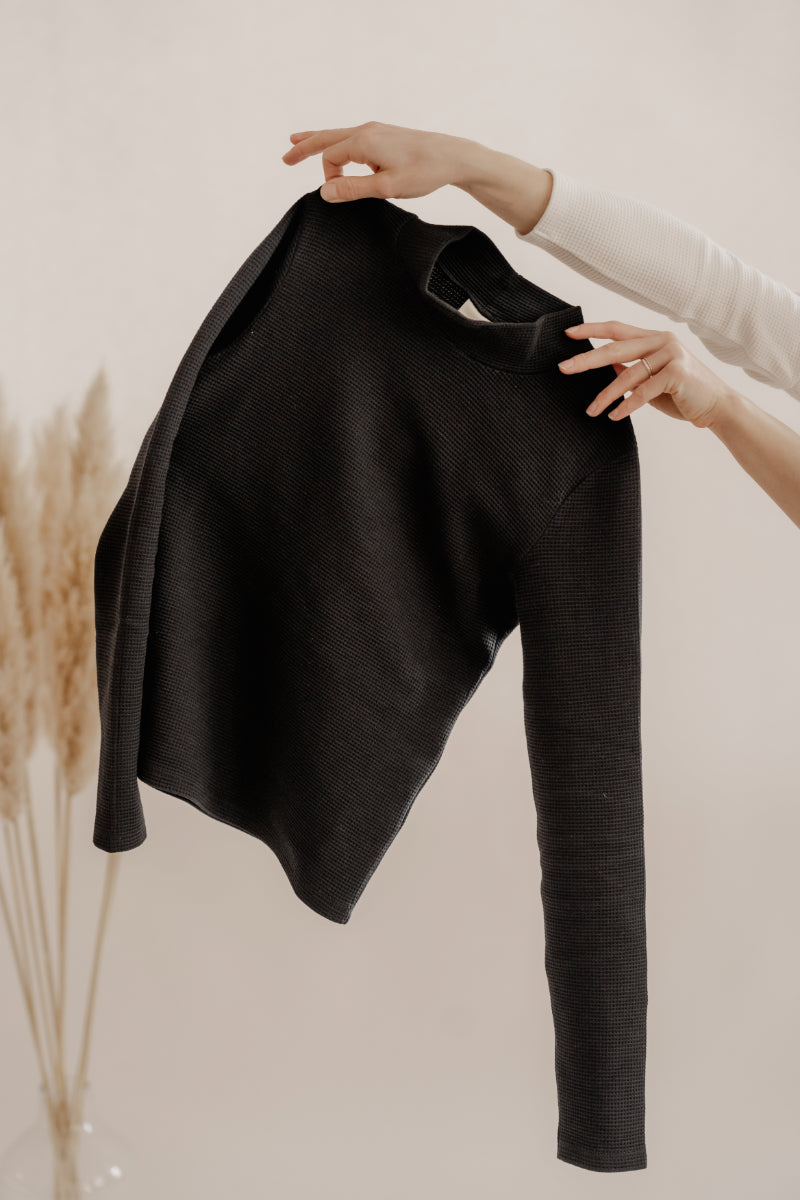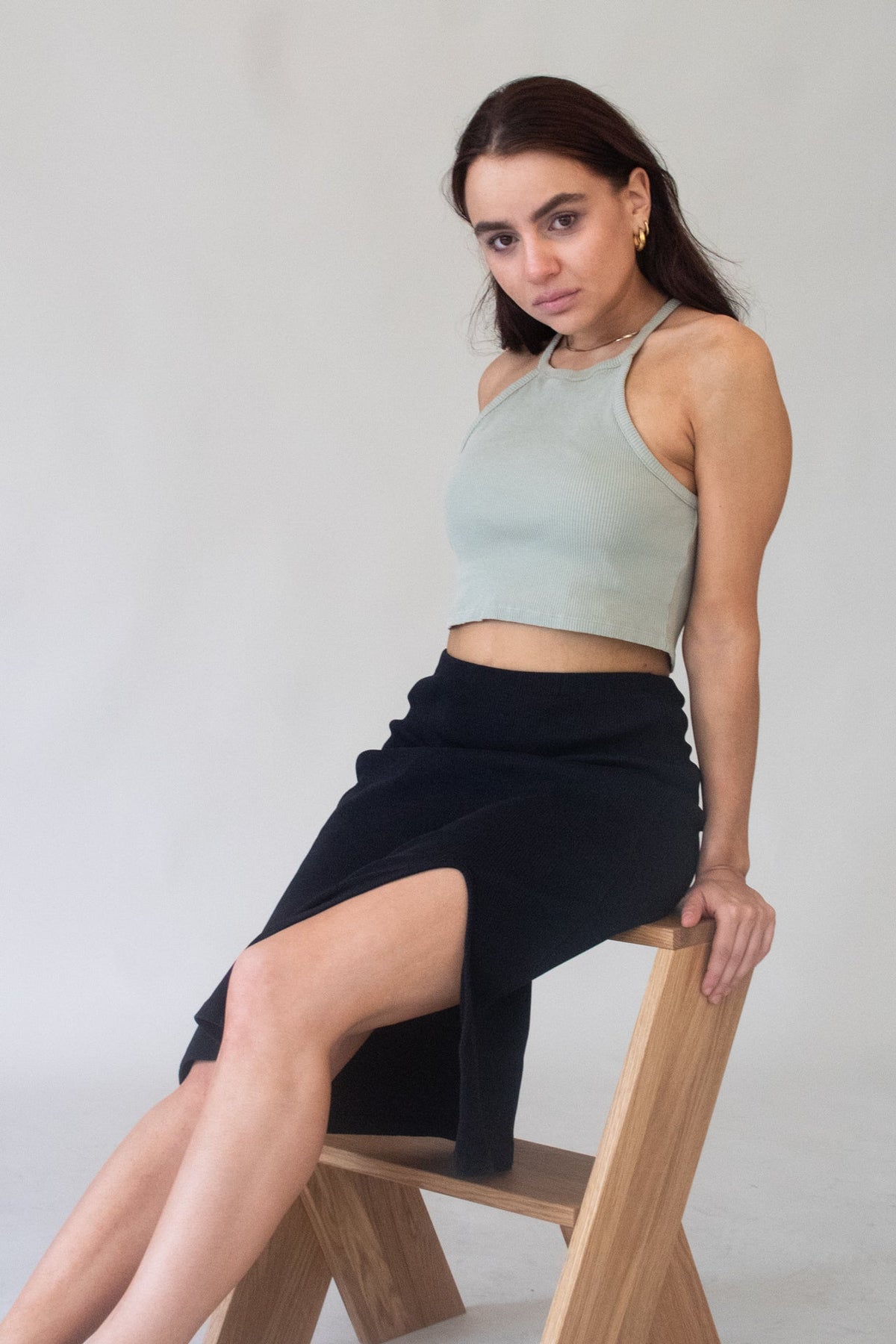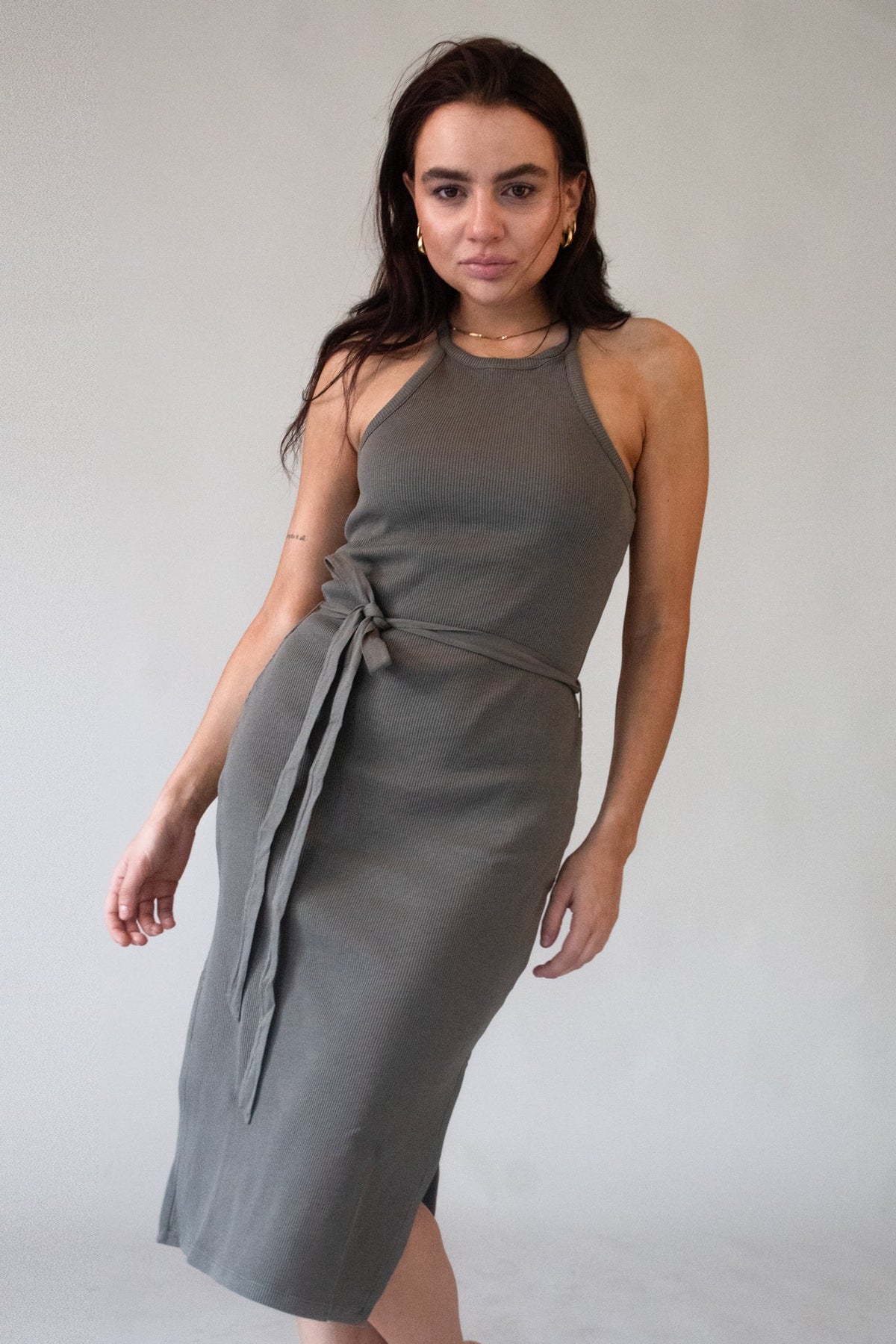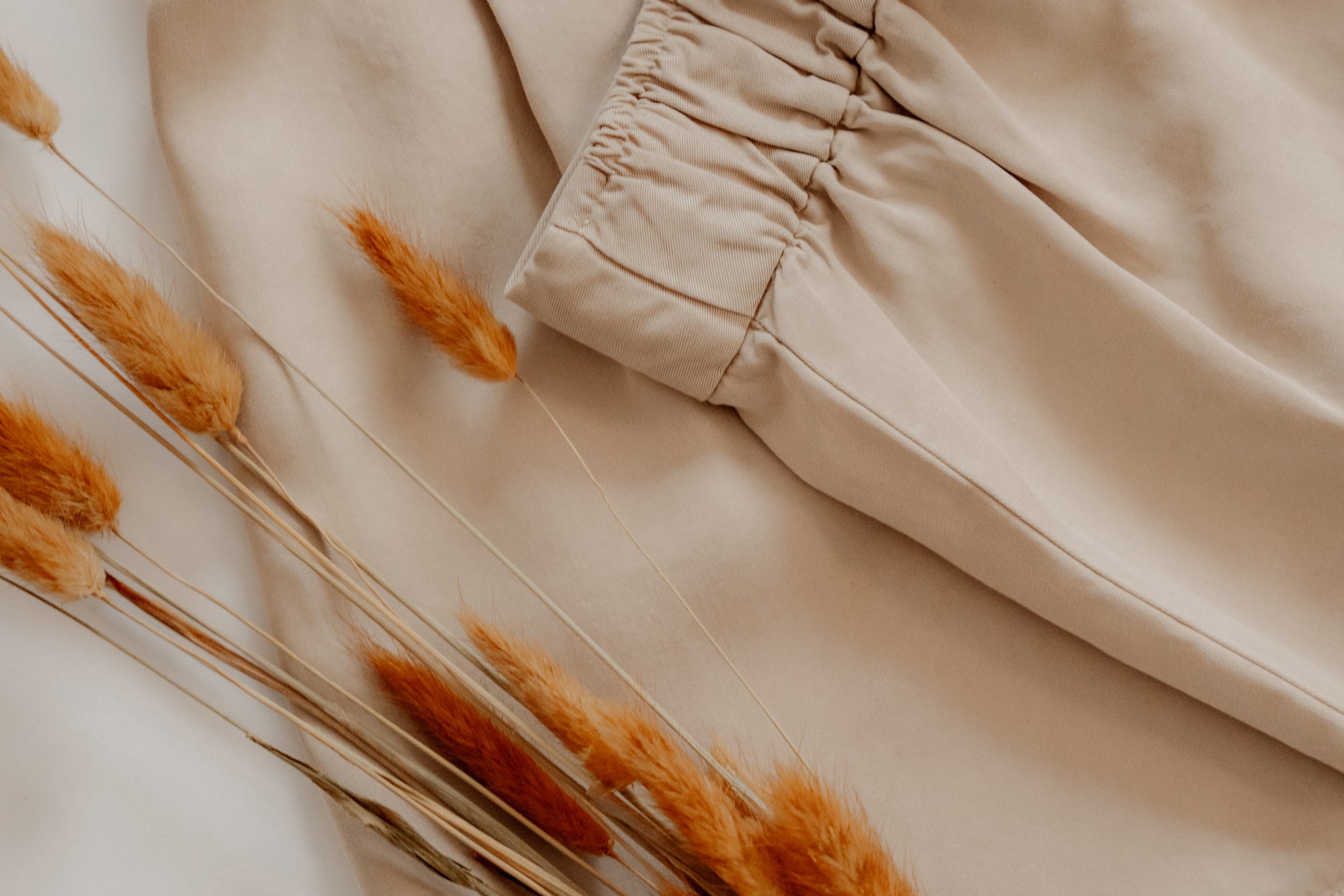80,000 liters of water
The topic of sustainability in the fashion industry is becoming increasingly important in our time. More and more consumers are paying attention to environmentally friendly and ethical products. In this blog entry we would like to show you what we can do to make sustainable decisions in our purchasing behavior.
Why sustainability is important in the fashion industry
The fashion industry is one of the biggest polluters in the world. Just behind the oil industry, the fashion industry takes second place. Millions of tons of clothing are produced every year, with the majority made from synthetic materials that are not biodegradable. In addition, the production of clothing uses large amounts of water, energy and chemicals, which pollute our environment. Another problem is the exploitation of workers in the fashion industry. Many of the workers who make clothing work in inhumane conditions and receive low wages that are not enough to live on. This is not only unethical but also a violation of human rights.
What we can do to make sustainable purchasing decisions
1. Buy natural and biodegradable materials
When buying clothing, make sure it is made from natural and biodegradable materials such as cotton, linen, Tencel (Lyocell) or hemp. These materials have a much lower environmental impact than synthetic materials such as polyester or nylon.
2. Pay attention to sustainability seals
Quality seals prove that the garments meet strict environmental and social criteria. There are a whole range of seals, each with different requirements. The strictest and most comprehensive quality seals are, for example, GOTS (Global Organic Textile Standard), Fairtrade, OEKO-TEX Standard 100, EU Ecolabel, Fair Wear Foundation and Peta Approved Vegan.
3. Support sustainable fashion brands
There are more and more brands that specialize in sustainable and ethical fashion - like us. These brands are committed to reducing environmental impact and producing fairly. In addition, the clothing is manufactured to a higher quality and is therefore more durable.
4. Take care of your clothes
If you treat your clothes with care, you can extend their lifespan and thereby reduce the need for new items of clothing. Wash your clothes on a low temperature and hang to dry. Pay attention to the care instructions on the label so that you can enjoy your clothes for a long time.
5. Only buy what you will wear
It's best to look for clothes that you can combine well with the rest of your clothes and that fit your style. This means you have less clothes in your wardrobe that don't get worn.
6. Look for second-hand clothing
Another way to consume more sustainably is to buy second-hand clothing. This not only reduces environmental impact, but also saves resources that are needed when making new clothing.
The demand for fairly produced fashion is continually increasing
This is proven by the current study “ Fair clothing is increasingly trendy ”. Consumers increasingly want to know where their clothing comes from and under what conditions it was produced. They value transparency, fair wages and working conditions as well as environmentally friendly production processes. Every single purchase of fairly produced clothing helps to raise standards in the fashion industry and create a better future for people and the environment. In 2019, sales of textiles with the Fairtrade label in Germany increased to 22.2%, compared to 14% in 2018 and 12.2% in 2017. This shows a notable increase in awareness and demand for fair trade Textiles in the German market landscape over this period.
Everyone can contribute something
Sustainability in the fashion industry is an important issue that affects us all. By purchasing natural and biodegradable materials, supporting sustainable brands and taking care of our clothes, we can all help reduce environmental impact and combat labor exploitation in the fashion industry. Because every piece of clothing is painstakingly made by hand - starting in the cotton field.
By choosing fair fashion, we are setting an example for a better and fairer future. We can help ensure that this positive development continues and bring about change in the clothing industry.






0 comments